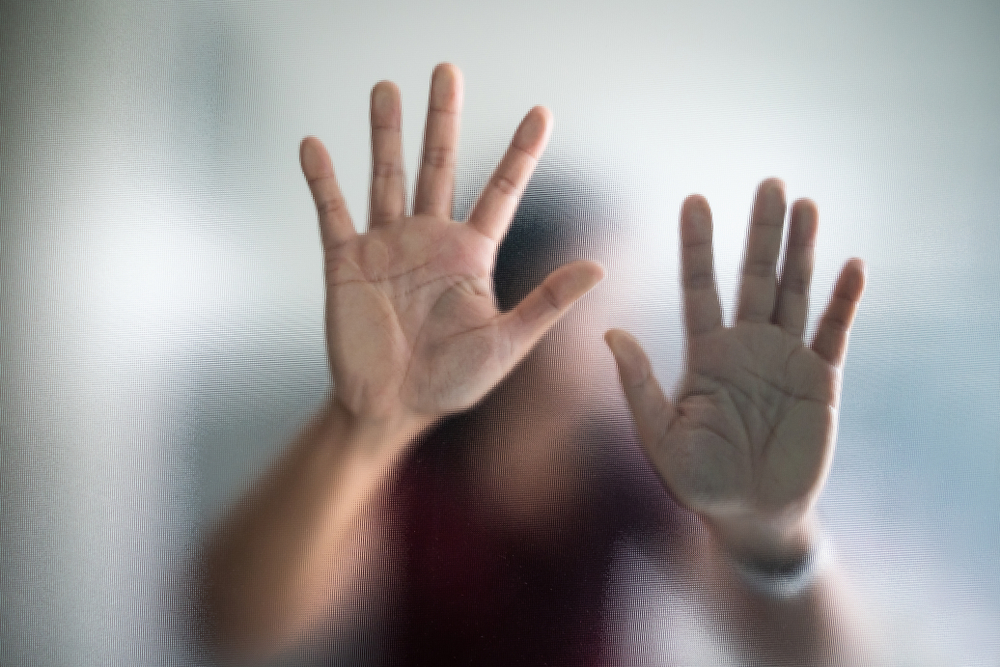Post-Traumatic Stress Disorder (PTSD) is a complicated mental health disorder characterized by intrusive thoughts, problems regulating one’s emotions, and violent reactions to specific triggers. Understanding what causes PTSD can help you identify the condition in yourself or a loved one, so they can make the most of their therapy.
What is Post-Traumatic Stress Disorder?
Post-Traumatic Stress Disorder is a mental health condition caused by an unhealthy response to a violent or traumatic event, which lasts a significant amount of time after the event itself. PTSD should always be diagnosed by a mental health professional. Its symptoms often include:
- Re-experiencing events through flashbacks, nightmares, or intrusive thoughts
- Avoidance of triggers that remind of the traumatic event
- Cognitive disorders such as inability to remember the event, intrusive negative thoughts about one’s self-worth, or dissociative events such as “out-of-body” experiences or derealization
- Mood symptoms such as trouble regulating anger or feeling numb, guilty, worried, or depressed
- Hypervigilance or being easily or intensely startled
- Trouble sleeping
Those in violent industries, such as military servicemembers, police, security guards, and emergency responders may be most likely to be exposed to PTSD due to traumatic events at work. However, many more adults and teens suffer from PTSD from other causes.
Get help with PTSD symptoms
Talk to a psychotherapist about what causes PTSD and how to manage its symptoms today.
What Causes PTSD?
There are many causes of PTSD, but they all center on a person’s survival instinct. When an event triggers a person’s “fight, flight, or freeze” instincts, the hormones that flood the person’s body can exceed his or her coping threshold, causing lasting mental health effects. The more often and more severe the traumatic events are, the more likely the person is to develop PTSD. While traumatic events take many forms, some common causes of PTSD include:
Violent or Abusive Acts
When most people think of PTSD, they think of military veterans and others who survive violent attacks. It is true that being the victim of an attack, rape, sexual assault, or any other form of violence can suffer PTSD. This kind of trauma can also affect the victims of terrorism (including school shootings), or violent crimes, as well as police or first responders called in to deal with the aftermath of such attacks.
Accidents and Physical Health Events
Medical trauma is another cause of PTSD. It can be triggered by being diagnosed with a life-threatening condition, being involved in an auto accident or workplace injury, or suffering a major health event. A traumatic childbirth can also cause PTSD for the mother or her spouse or partner. This cause of PTSD can be one of the most difficult to treat, since getting medical help is often itself a trigger for PTSD symptoms.
Harassment and Bullying
Many people struggle with PTSD caused by harassment or bullying they experienced in childhood, or as teenagers. All kinds of harassment, including workplace discrimination, racism, sexism, and other hate-based mistreatment can cause the one targeted to suffer a traumatic response and ultimately PTSD. Because harassment and bullying are often patterns of behavior rather than a single event, they can easily overcome a person’s ability to cope with the stress hormones triggered by the abuse.
Natural Disasters and Pandemics
Two PTSD causes making news right now are natural disasters and pandemics. The life-changing nature of these events can cause trauma and have lasting consequences for survivors. In the wake of COVID-19, and the rise of severe weather due to global warming, PTSD caused by flooding, earthquake, fires, and pandemics could soon be on the rise.
Losing a Loved One
Death and grief can also cause PTSD, especial if the person witnessed the death, or it was under upsetting or unpredictable circumstances. The loss of a caregiver is especially difficult to process as it destabilizes many other aspects of life. While temporary grief is appropriate, lingering mental health symptoms could be a sign of PTSD.
Secondary Trauma
A person does not have to personally endure a traumatic event to suffer PTSD symptoms. Secondary trauma can cause the same effects because of “mirroring” – where the person witnessing or hearing about the event suffers it as though they were there. People who witness violent car crashes, learn about the death of a military family member, or see another person bullied or abused may all suffer PTSD. Secondary trauma is especially threatening for those whose work put them face-to-face with traumatic events on a daily basis, including therapists, attorneys, and first responders.
What to Do if You Have Had a Traumatic Experience
One of the best ways to prevent PTSD is to get appropriate medical and mental health care immediately after a traumatic experience. This could involve short-term therapy to help you process the event and manage the hormones flooding your system. However, even after PTSD sets in, therapy can help you identify and understand your triggers, and learn coping mechanisms to help you manage your symptoms. Whether the traumatic event happened yesterday or 20 years ago, it is never too late to get support for your PTSD symptoms.
David Stanislaw is a psychotherapist with over 30 years of experience. He helps adults, teens and children with post-traumatic stress disorder, anxiety, depression, and other mental health concerns. Contact David Stanislaw to get help today.


 Breaking the Cycle: Healthy Parenting Tips for PTSD Survivors
Breaking the Cycle: Healthy Parenting Tips for PTSD Survivors How Bereavement Counseling Helps with Loss
How Bereavement Counseling Helps with Loss Long-Distance Relationships and Loneliness
Long-Distance Relationships and Loneliness